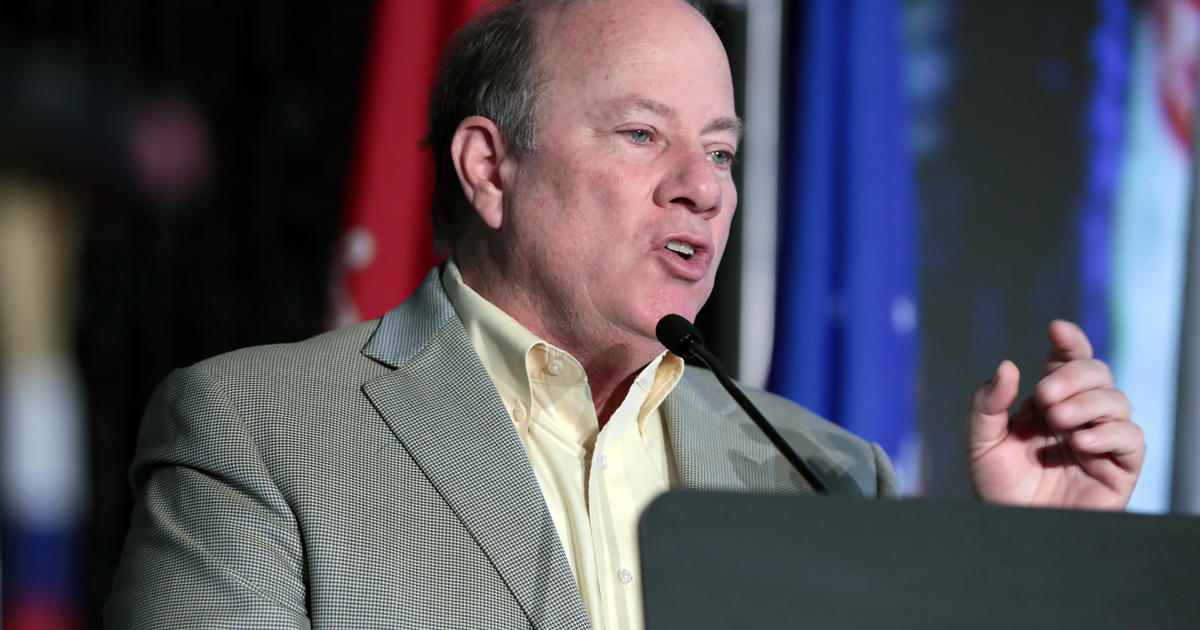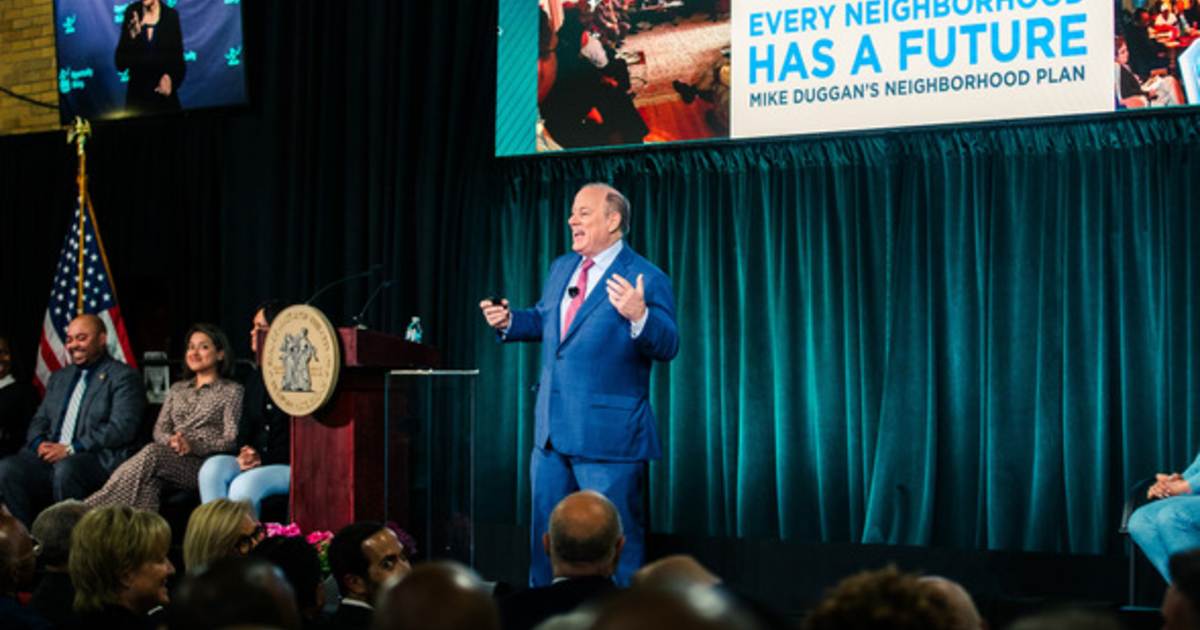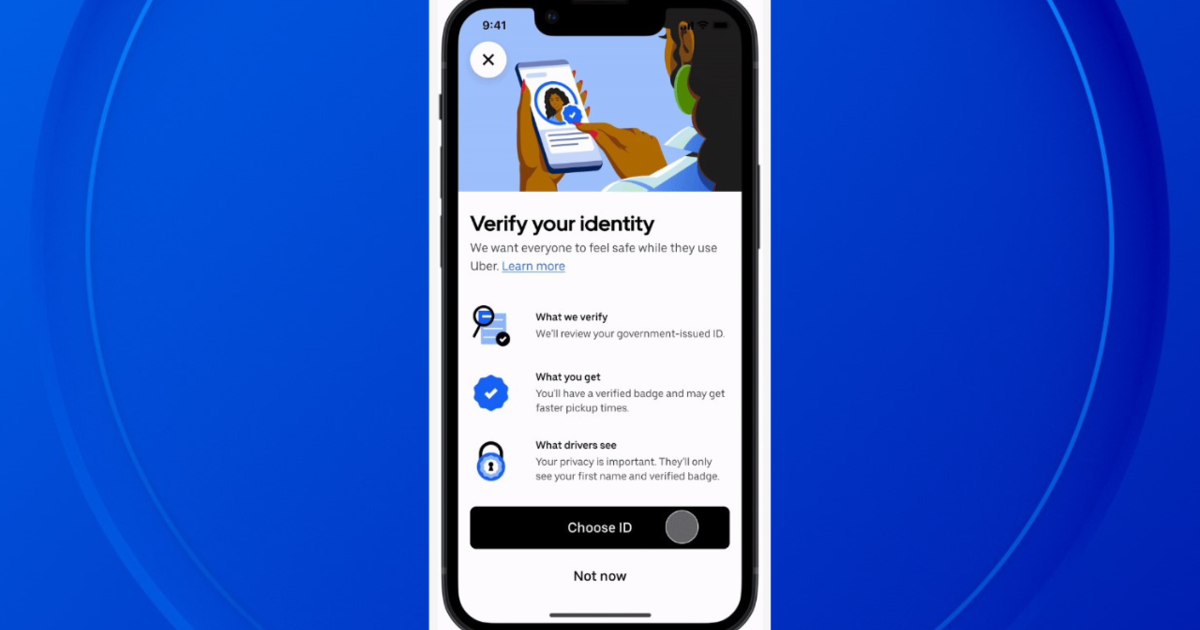There's No Place Like Detroit: Let's Lose The Rhetoric, Focus On Future
The election this November is one of the most important elections we have ever had in our city. Who we choose for mayor and for city council will set the tone for where we go from here. So, those running need to lose the rhetoric about the bankruptcy and the emergency manager and concentrate their campaigns on Detroit's future.
What is the plan to keep our city's transformation alive during and after the bankruptcy and Kevyn Orr is gone? What's the new business model for Detroit? What's the new social model for Detroit? How will you work with the business community to create and deliver those new models? How will you work with the neighborhoods to create and deliver those new businesses and social models? How will you work with law enforcement to ensure our city is safe and secure?
To earn their seats these candidates must offer solutions … solutions followed by quick actions. They must be committed to collaboration with the region, the neighborhoods and the business community. Businesses in Detroit are committed to its transformation. They must know city government is committed to working with them. We won't always agree on the solutions but we all must be at the table.
One of the major solutions that must be found quickly is for safety and security. Our new police chief James Craig is quickly taking steps to do just that. First he's clearing up some major problems with how Detroit's numbers are reported. Those numbers have been splashed over front pages everywhere.
Reports say it takes an average of 58 minutes for officers to respond to life-threatening emergencies and that homicide investigators solve only 11 percent of the city's murders. The numbers are flawed. Response time has been counted from the time the 911 call is placed. Most other law enforcement agencies start the clock after the 911 operator assigns the call to an officer since dispatchers can spend several minutes getting the information from the caller.
The Chief changed that. Now the clock starts when the dispatcher assigns the run to an officer.
In addition, many non-life-threatening calls such as break-ins, burglar alarms and other crimes with no immediate life-threatening danger were classified as emergencies. According to the Chief, half of all calls were classified as emergencies. A close examination of real "life-threatening emergency" calls showed it took officers an average of 15 minutes to respond. The Chief wants that to drop to 7-8 minutes.
As far as homicides go, the Chief says the department has closed about 35 percent of the cases. That's not great and a lot of work has to be done, but it's not 11 percent.
I don't know about you but I'm very tired of having Detroit, its inability to collaborate and its police force bashed in the national and international media and used as a punch line on late night TV. Let's get the right numbers out there and let's show the world Detroit knows how to collaborate.



